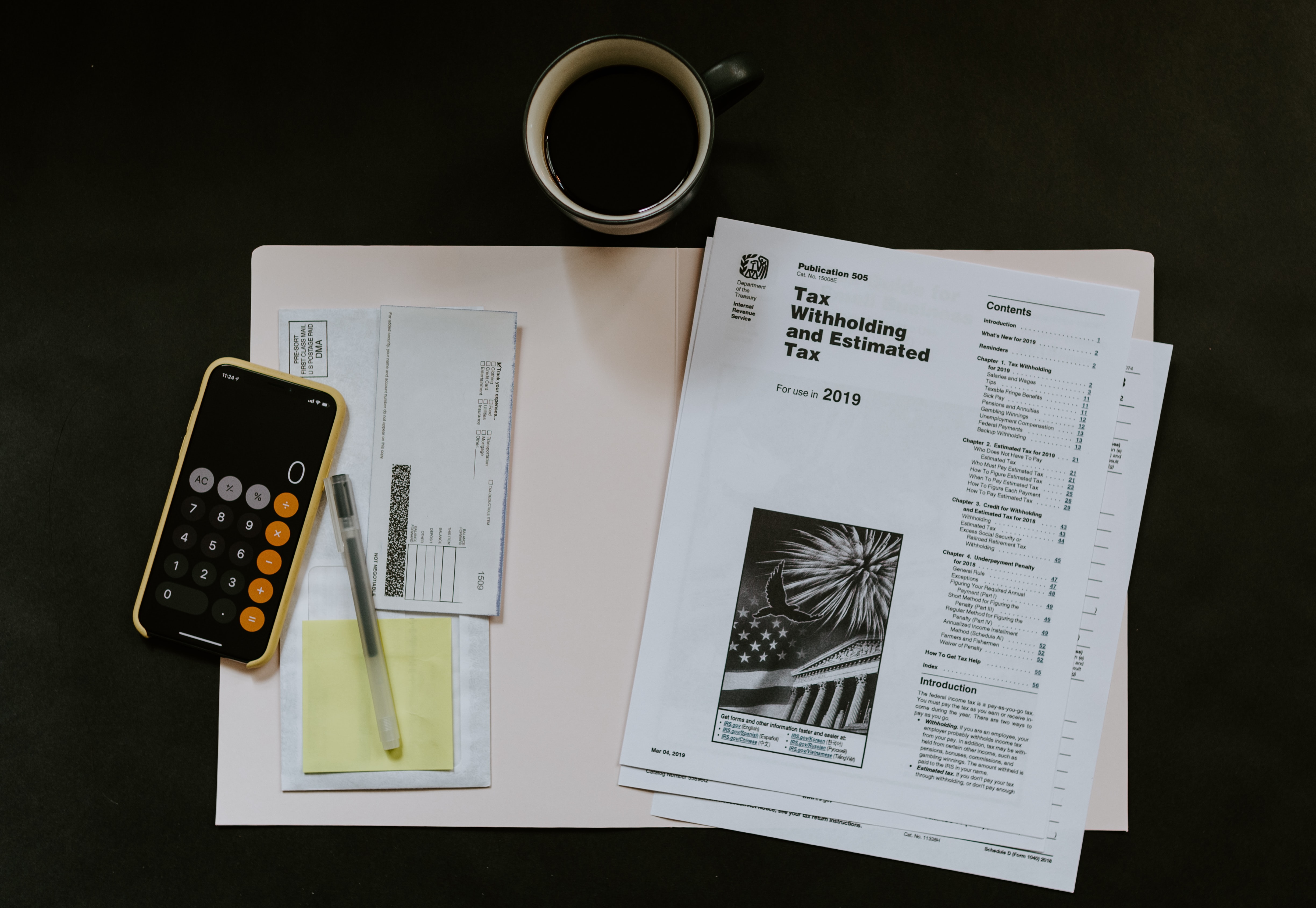How much amount should I save every month to meet any of my future needs?
The current corona virus crisis has lead people to think at least one of the things, such as you cannot invite your friends to your house. You cannot go out in your car. You cannot reveal your lifestyle to anyone – the lifestyle which took you around 10-15 years of hard work with a lot of loans. Almost 50% of your expenses are lifestyle expenses, the other 50% of your expenses are normal living expenses. You can often save more than you’re ever thought. So, what can you do to become financially independent that too within your means? Let us divide your salary and check
Emergency Fund - You should have a minimum of 6–12 months of your household expenses to sustain. So, if in case you lose your job, you can sustain for 6–12 months. If you have any monthly EMI for any loan, you must also add that amount in the emergency fund. First, calculate your monthly expense
















